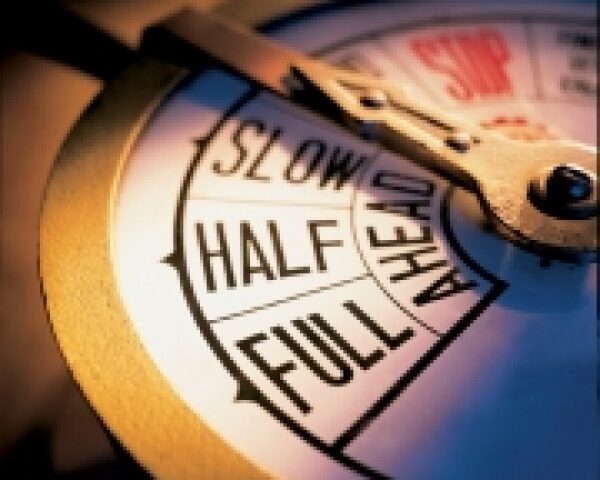PortEconomics member Francesco Parola along with Claudio Ferrari and Alessio Tei, presented their latest research on the economic impact of facing the economic crisis by cutting costs and its impact of slow-steaming on container shipping networks, during the annual conference of the International Association of Maritime Economists – IAME 2012, that was held in Taipei, Taiwan.
The research focuses on the impact of the commercial speed reduction for saving bunker cost, on shipping service patterns. In particular, the manuscript analyses the commercial routes connecting Asia and Europe. The reduction of the commercial speed has been introduced to contain the negative effects of the recent economic crisis by cutting navigation costs in a period of traffic downfall as well as to assure a more efficient deployment of the companies’ fleet. This transformation could reasonably have a great effect on the container sector, leading to the introduction of new “differentiated” services. Moreover, because of this policy, an increase of inter-port competition appears probable and it could also give a new hierarchic structure to the international ports. Therefore, in the study some further comments on the effect of the increasing port competition are presented, underling how it could push to a bigger differentiation between the inter-continental harbours and the regional ones, reducing chances for the new entrants (i.e. the North African ports) to enter the international competition. At the end, positive and negative effects of the slow-steaming policy are weighted in order to introduce the long-run effects of this practice.
You might read – and freely download – the full study @PortEconomics.
The annual conference of the International Association of Maritime Economists – IAME 2012, held in Taipei, Taiwan, provided the PortEconomics team the opportunity to present 16 different port or port related studies that progressed over the course of the most resent months – read more & reach the studies: PortEconomics team@IAME2012












